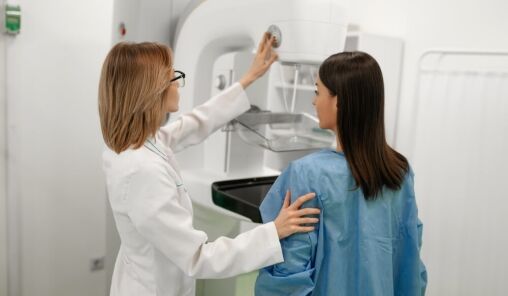
Going in for a routine breast cancer screening can be daunting, but hearing that you received a negative test result can feel like a weight has been lifted from your shoulders. However, it’s essential to know that some instances can lead to a false negative screening result.
How do you know whether to trust your breast cancer screening results and when you need to seek further testing?
What Is a False Negative in Breast Cancer Screening?
Cancer screening tests have come a long way, thanks to modern medicine. However, not all tests are accurate. A false negative result during breast cancer screening means that the test result appears normal, even though there is cancer present in the breast tissue.
What Are the Risks Associated with a Delayed Breast Cancer Diagnosis?
A false negative cancer screening result leads an individual to believe that they are cancer-free. No cancer means no further testing and no need to undergo invasive treatments. However, as an individual goes about their daily life believing that they do not have cancer, the cancerous tissue or tumor has more time to grow and metastasize, potentially spreading to other areas of the body. Because they erroneously believe they have no cancer cells in their breasts, they are delaying treatment and living with a false sense of security.
Breast cancer is more treatable in its early stages. When the cancer is left to grow without treatment due to misdiagnosis or delayed diagnosis, a patient’s prognosis declines. There is also the potential that the cancer can move to other regions of the body. Delayed breast cancer diagnosis can lead to more intense or invasive treatments and potentially death. The American Cancer Society estimates that the five-year survival rate for individuals with Stage 4 breast cancer is 32 percent.
When Should You Seek Further Testing or a Second Opinion?
False negative screening results are more common in women with dense breast tissue or a family history of breast cancer. People may want to consider seeking a second option or additional testing when they:
- Have dense breast tissue
- Have new or concerning breast symptoms
- Have concerns about their doctor’s or radiologist’s skills and experience
- Have a family history of breast cancer and want more substantial testing, such as an ultrasound or genetic screening
False negative tests can also result from medical errors or a substandard level of medical care. If you are experiencing breast pain, feel a lump, or have other symptoms associated with a breast health condition, consider speaking with another healthcare provider for peace of mind.
The Role of a Breast Cancer Misdiagnosis Lawyer
The breast cancer misdiagnosis lawyers with Salvi, Schostok & Pritchard P.C. have been helping Chicago clients pursue justice and fair compensation for over 40 years. We combine compassion with knowledge to advocate for you and produce exceptional results.
Contact our office now to arrange a confidential legal consultation to discuss your breast cancer misdiagnosis claim.
